
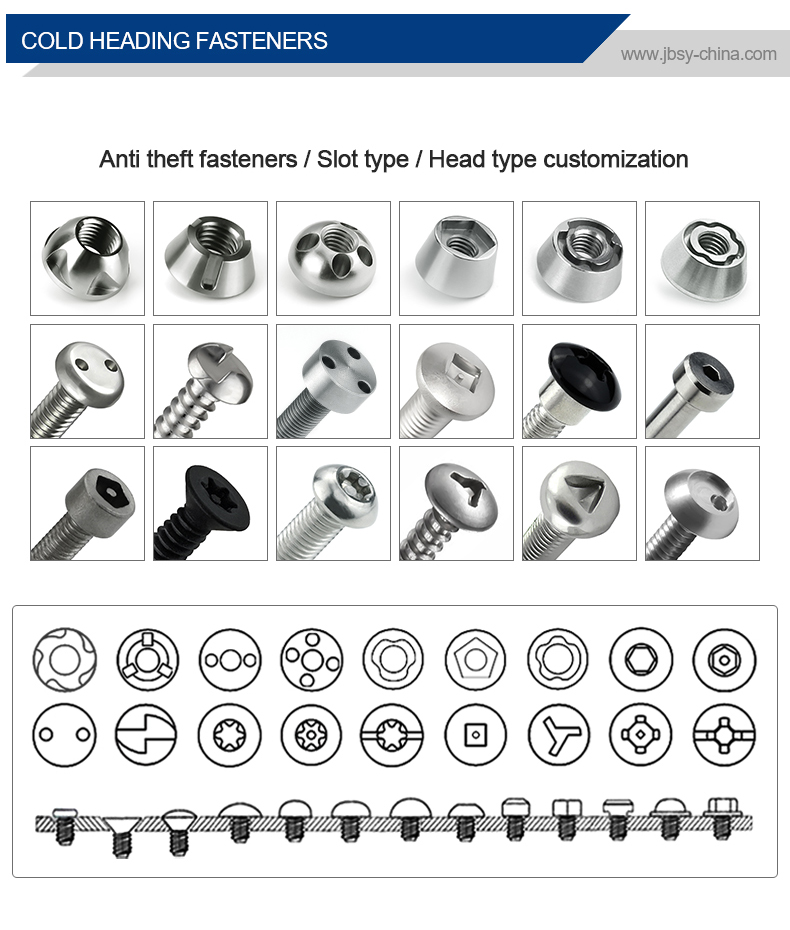
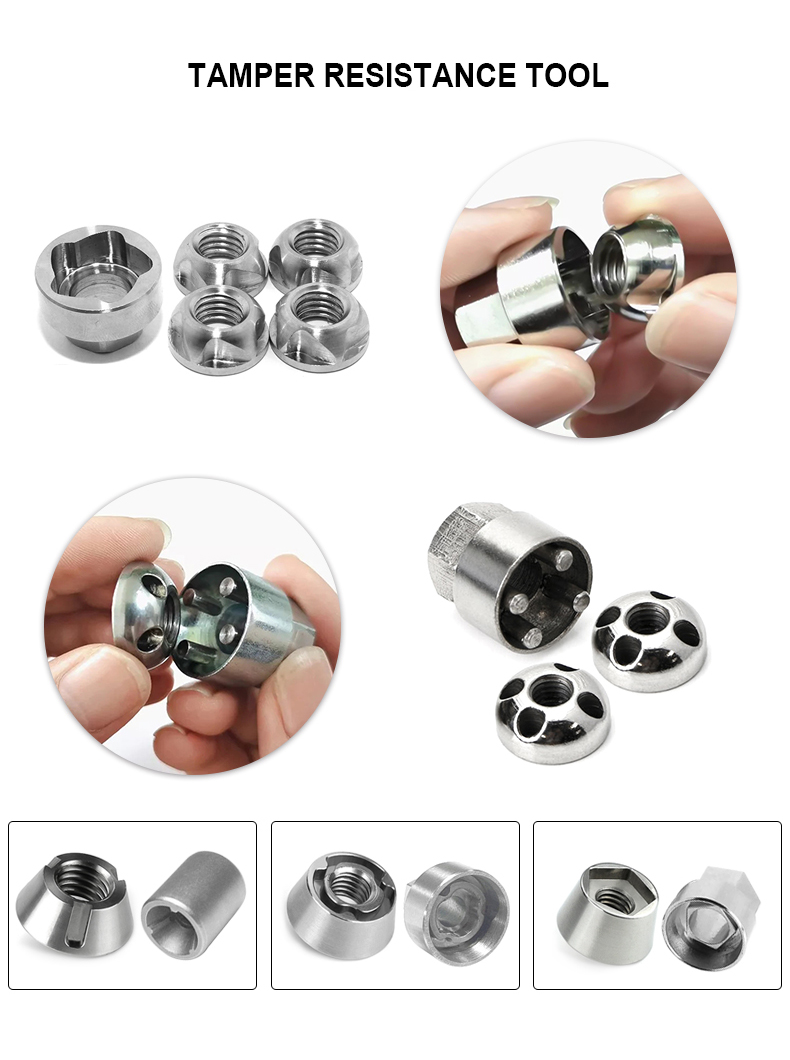
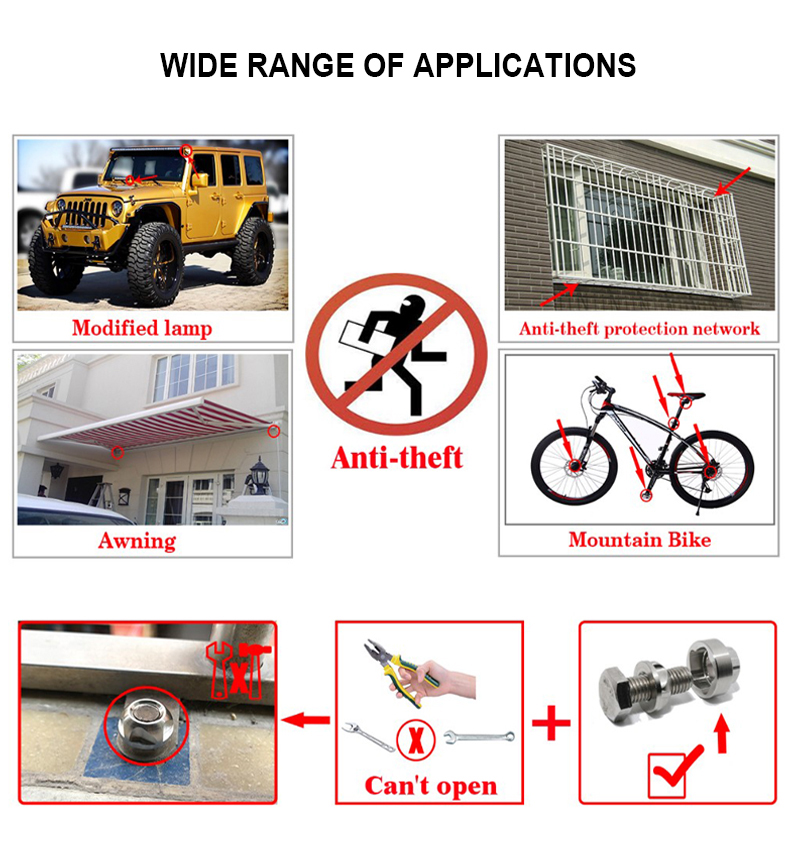
The fastening and opening of bolts and nuts adopts non-standard design, and the matching
non-standard tools are used to solve the opening and fastening problems. In general, other
wrenches cannot be inserted. in the appearance design of nuts and bolts, non-standard slotting,
opening or pentagonal, heptagonal, nine-corner or custom-made corresponding groove tools
have played a very good anti-theft effect
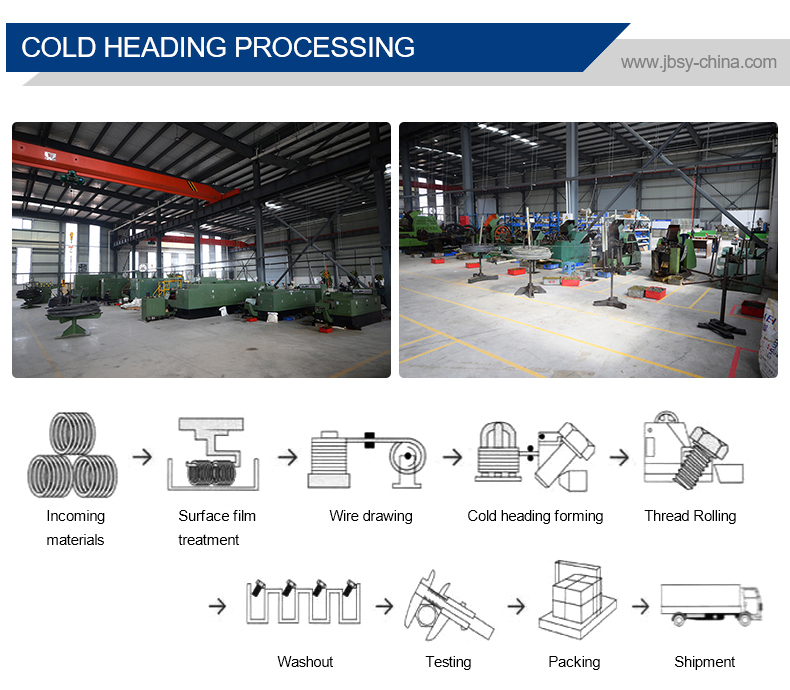
Cold heading process is one of the new processes for pressure machining of less or no cutting
metal. lt is a processing method that utilizes the plastic deformation of metal under the action of
external forces, and with the aid of molds, redistributes and transfers the volume of metal to form
the required parts or blanks. The cold heading process is most suitable for producing standard
fasteners such as bolts, screws, nuts, rivets, and pins.etc
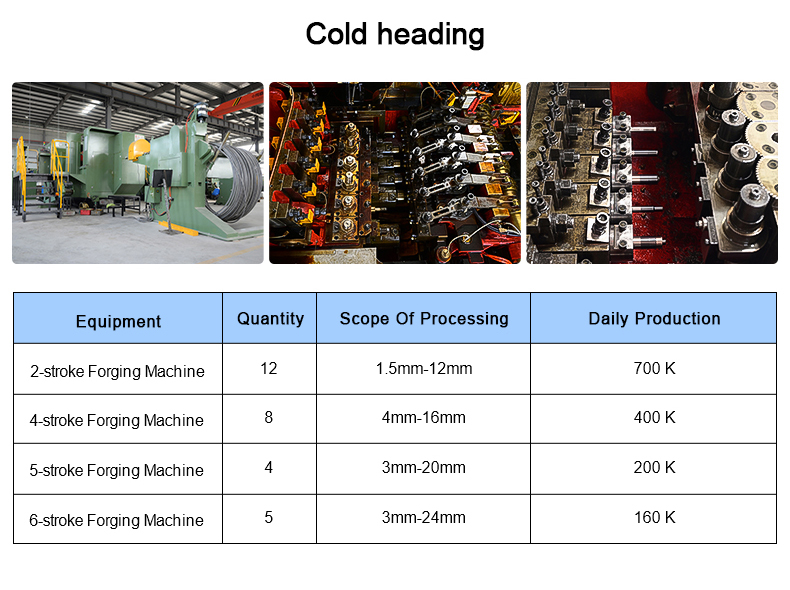
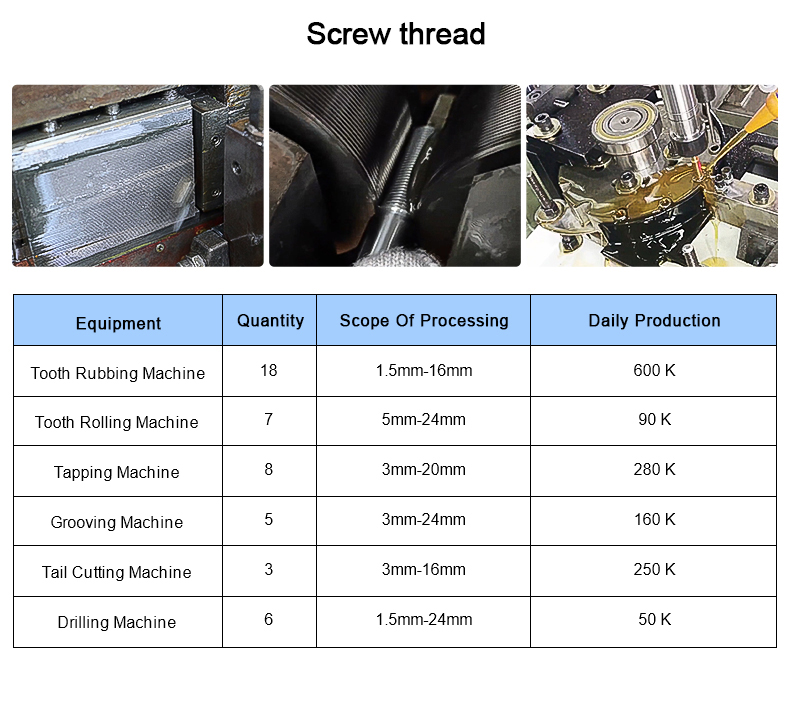
A lock nut is a specialized nut designed to prevent loosening from vibration, torque, or other mechanical forces that might otherwise cause a standard nut to become undone. It is a critical component in industries and applications where secure fastening is essential, especially in high-vibration environments.
Types of Lock Nuts:
-
Nylon Insert Lock Nut (Nyloc Nut):
- Features a nylon insert that grips the bolt or screw, providing friction and preventing loosening.
- Commonly used in automotive, aerospace, and general machinery applications.
-
All-Metal Lock Nut:
- Made entirely of metal, these lock nuts use the deformation of the metal to create friction against the fastener threads.
- Known for their durability and ability to withstand high temperatures and harsh environments.
-
Serrated Flange Lock Nut:
- Has a flange with serrated edges that bite into the material or the surface of the nut to increase resistance to loosening.
- Often used in applications where higher torque is involved or when the fastener needs to be secured in softer materials like plastic or aluminum.
-
Prevailing Torque Lock Nut:
- This design applies constant pressure to the bolt through internal features (such as a crimped portion of the nut).
- Used in applications where the nut needs to be secure but may need to be tightened or adjusted multiple times without damaging the threads.
Materials:
- Steel: Most common, providing strength and cost-effectiveness. Can be treated or coated for corrosion resistance (e.g., zinc-plated).
- Stainless Steel: For use in corrosive environments, providing higher resistance to rust and corrosion.
- Brass or Aluminum: For applications requiring lightweight materials with decent corrosion resistance.
Applications:
- Automotive: In engines, suspensions, and other parts exposed to vibration and high torque, such as wheel nuts and drive shafts.
- Industrial Equipment: Used to secure parts in machinery, preventing loosening in areas subject to constant motion and vibration.
- Aerospace: In aircraft and aerospace components to ensure fasteners remain securely in place during high-speed flight and extreme conditions.
- Construction: For heavy-duty fastening in structural components or machinery exposed to vibrations.
Benefits:
- Prevents Loosening: Provides a reliable and secure fastening, preventing accidental disassembly due to vibration or movement.
- Durable and Strong: Made from tough materials that can withstand heavy stress, high torque, and vibration.
- Reusability: Many lock nuts, especially nylon insert types, can be reused several times without losing their locking ability.
- Cost-Effective Solution: Reduces the need for more expensive, specialized locking mechanisms.
- Versatility: Available in various sizes, materials, and thread types to suit different applications and environments.
Considerations:
- Temperature Sensitivity: Nylon insert lock nuts may degrade or lose effectiveness at very high temperatures (above 250°C), so alternatives like all-metal lock nuts may be required in extreme conditions.
- Space Constraints: Some lock nut designs, such as the all-metal type, can be more compact, but others like the nylon insert type may require more space.

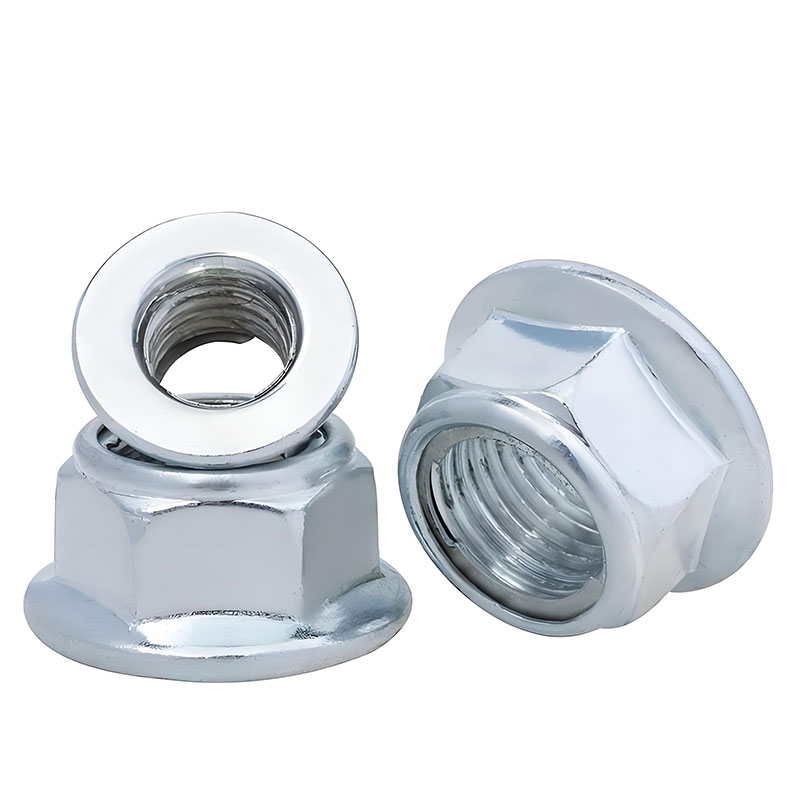
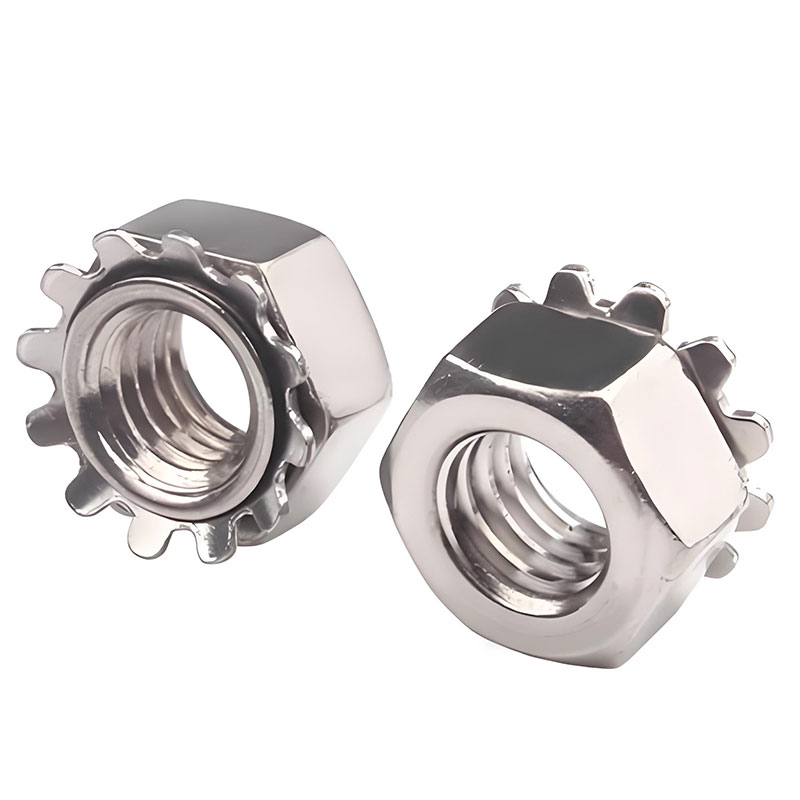
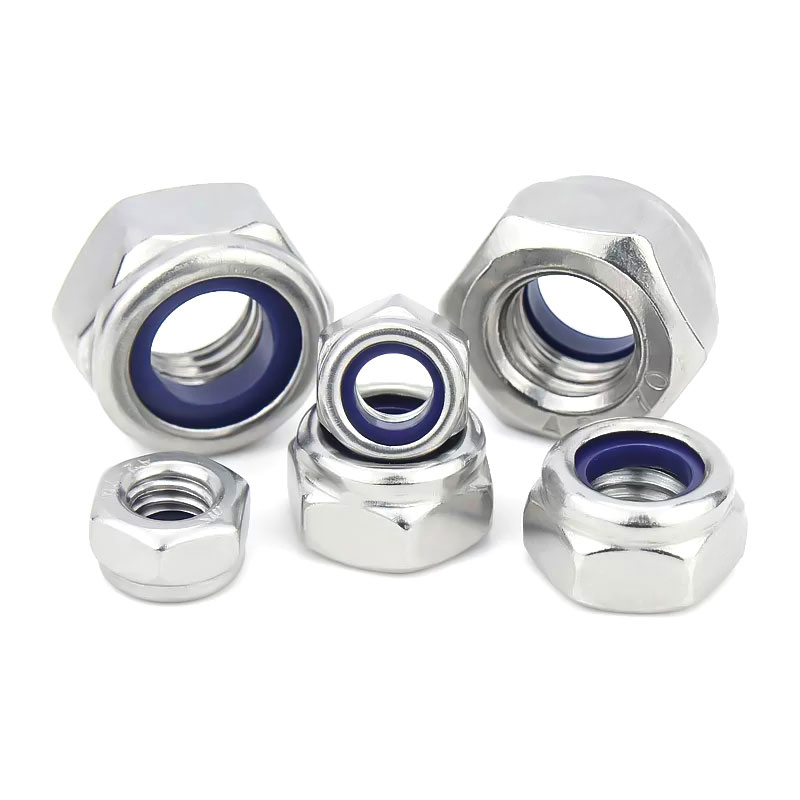
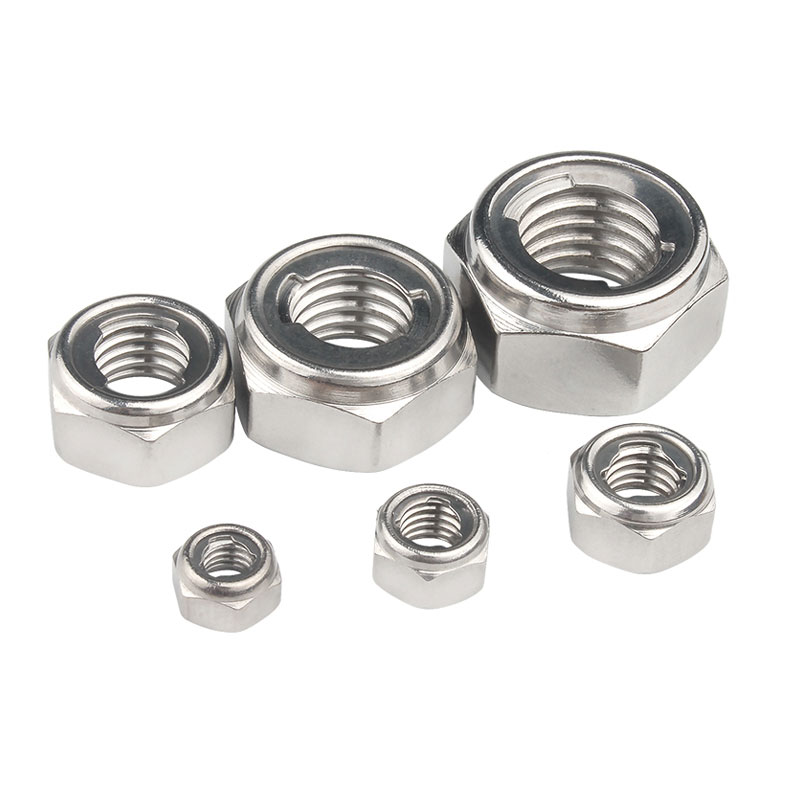
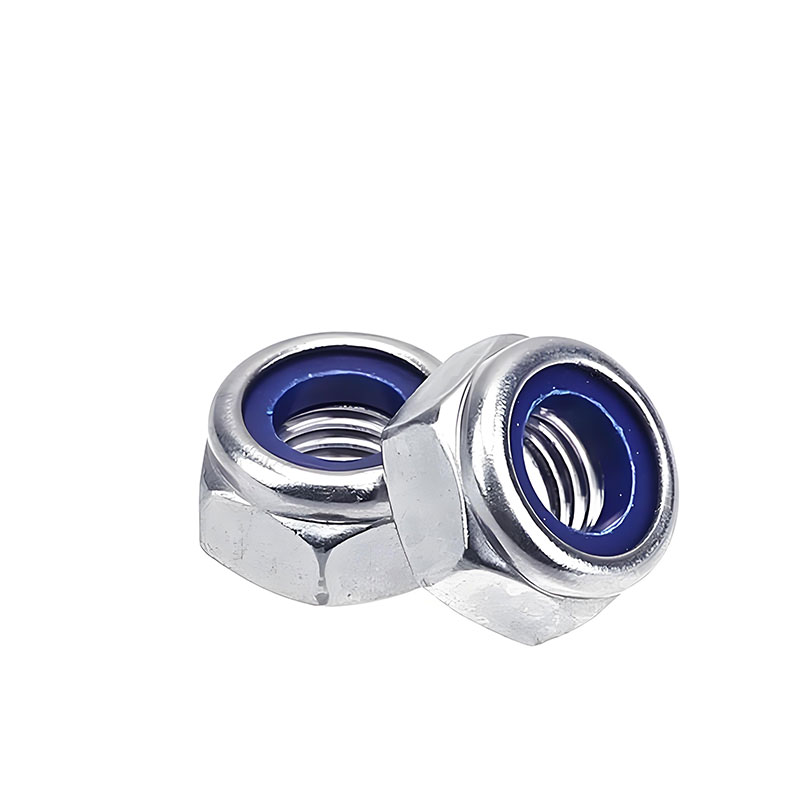
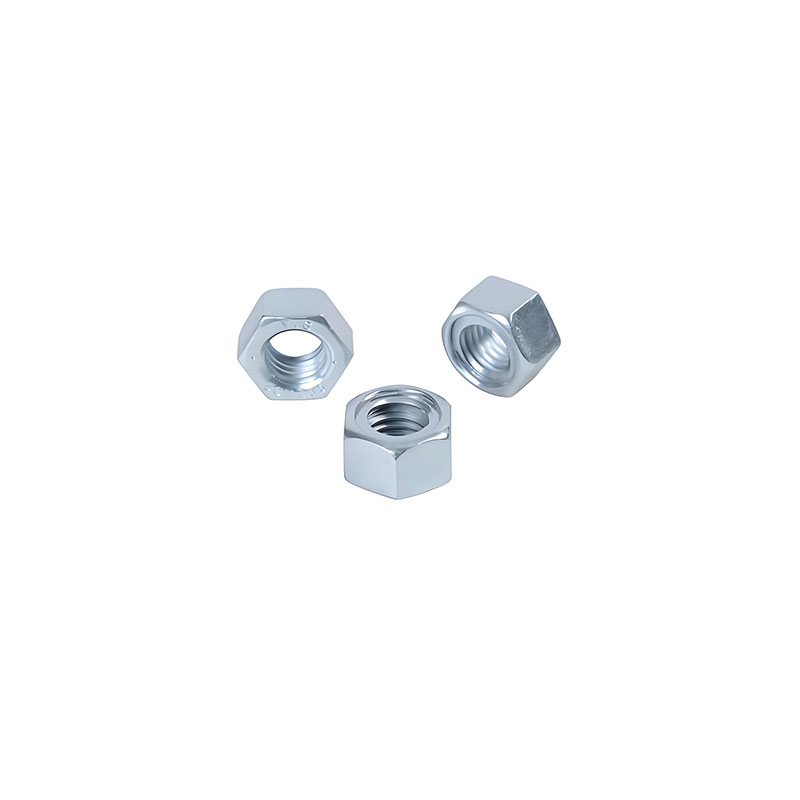
Reviews
There are no reviews yet.